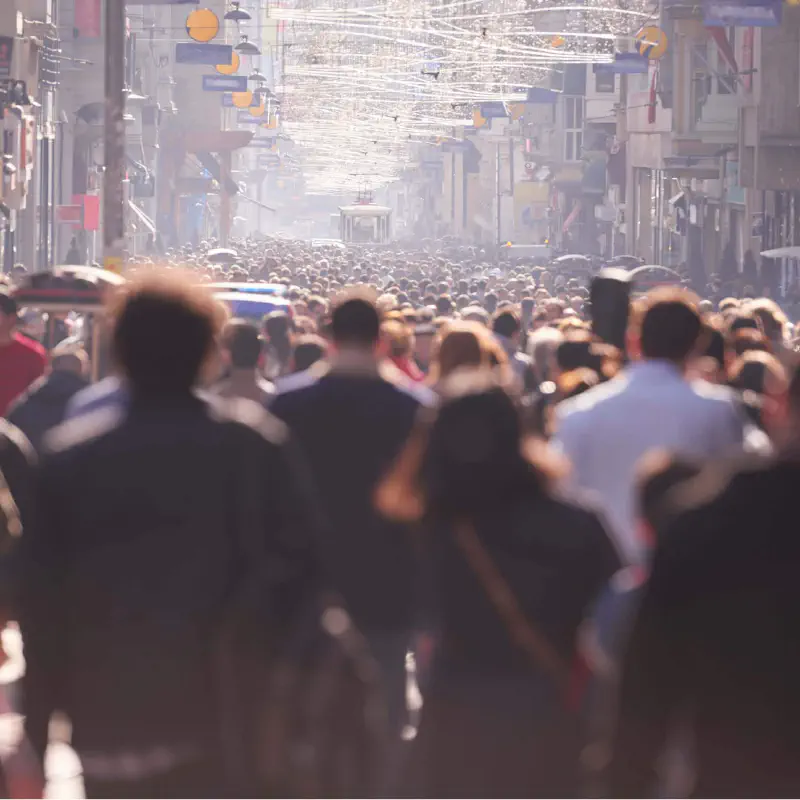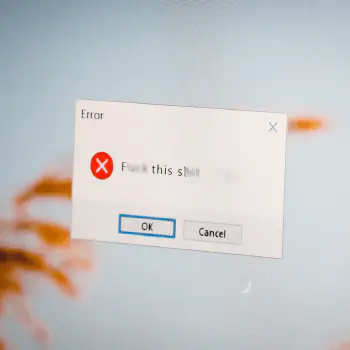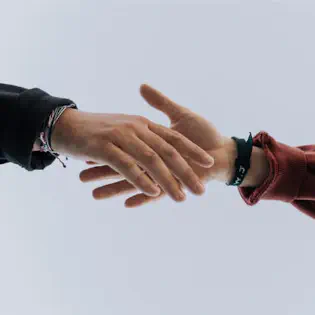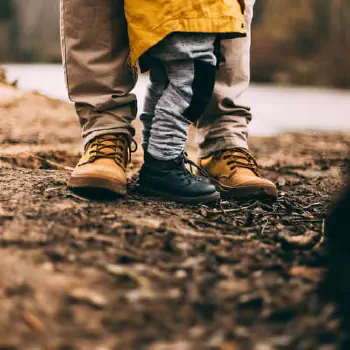One of our core values at TheMindClan.com is advocating for and holding on to the fact that “mental health is intersectional”.
Before we share what this means, it may help to first understand intersectionality.
What is Intersectionality?
“Intersectionality” is a term that was first coined in 1989 by Kimberlé Crenshaw. It recognizes that each of us possess more than one identity - a combination of various identity markers. Identity markers include our gender, sexuality, religion, age, caste, class, ability/disability, race, ethnicity etc.
These identity markers overlap with each other to create an “intersection” which determines the unique ways in which each of our lives are shaped and the experiences we have.
If we want mental health care services to move towards becoming more inclusive and diverse for all, it can only happen if service providers recognise that mental health is intersectional.
What do we mean when we say, “Mental Health is Intersectional”?
It simply means that our mental health does not exist in isolation from the above identity markers. As stakeholders in the Indian mental health care system, it is our responsibility to acknowledge that our mental health is impacted by our identities of gender, sexuality, caste, class, age, religion, and disability - and the unique life experiences and stressors that accompany them.
For example, queer individuals may go through specific social disadvantages that heterosexual or straight people would not experience.
Dalit Bahujan Adivasi folks experience social and political oppression in ways that Savarna (or “upper caste”) individuals would not.
People living with psychosocial and/or physical disabilities may have unique life experiences of discrimination and stigma that able-bodied people will not experience.
As a result, when we talk about mental health, we have to include these narratives of inequality, discrimination, erasure, and violence that people with marginalized identity markers may experience. These unique and specific stressors impact their emotional and physical health in unique ways too.
Our responsibility does not pause at acknowledging. It also comes with continually unlearning our biases, educating ourselves, turning to the lived experience of these communities, being kind to ourselves if we make mistakes, and holding ourselves accountable for change.
“Existence is Resistance”:
It’s important that we acknowledge here, that our identities are NOT the problem. Our sexuality, gender identity, disability, caste, class, religion, age are never the problem. People are never the problem.
The problem lies in systems of power that marginalize and discriminate against certain identities/communities, while privileging and dominating certain other identities/communities. It is this experience of “othering” that can place the marginalized communities’ mental health in distress.
In closing:
If you experience marginalization, we want to let you know that your existence in itself, is already a resistance to these systems. Your existence warrants celebration. Your experiences of joy, grief, pride, oppression, and everything in between are real, valid, and important to be acknowledged.
At TheMindClan.com, we stand in solidarity with people from all intersections of life - queer, trans*, womyn, DBA folks, neurodiverse folks, people living with disabilities. Many communities are already doing wonderful work in talking about mental health at the intersections of various identity markers. Let’s listen, spark conversations, learn, and unlearn from what they have to share.



















